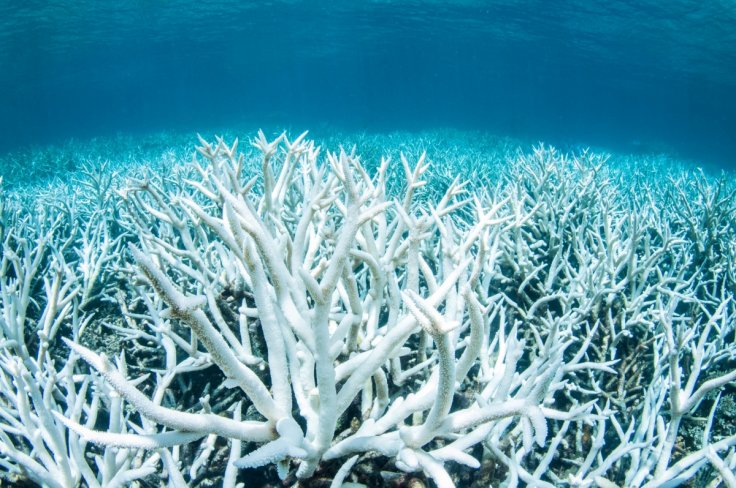
Earlier several studies had revealed that coral reefs all around the world are under threat, thanks to the effects of climate change and ocean pollution. But a long term survey has recently revealed that the coral reefs are going to face a different scenario in the near future.
This longest coral reef survey to date is becoming increasingly important to understanding ecosystem responses. This survey has provided an in-depth look at Australia's Great Barrier Reef over the past 91 years.
The team of researchers at Bar-Ilan University and Interuniversity Institute for Marine Sciences in Israel and the University of Queensland in Australia conducted this long-term survey. Their findings suggested that since 1928, inter-tidal communities have experienced major shifts in phases as a result of local and global environmental change, leaving a few indications that coral reefs will return to their initial state in future.
The author, Professor Hoegh-Guldberg from the University of Queensland said, "This is a unique opportunity to look at long-term changes on an inshore reef system."
Almost 100 years ago the Great Barrier Reef Committee and the Royal Society of London sent an expedition team to study the Great Barrier Reef. During the study the team documented environmental conditions surrounding the coral reefs of the Low Isles and the community structure of tidal as well as sub-tidal communities, using a diving helmet for the first time.
Lead author Professor Maoz Fine, of the Mina and Everard Goodman Faculty of Life Sciences at Bar-Ilan University and the Inter-university Institute for Marine Sciences said, "We were literally able to go the exact spot and identify features that the 1928 expedition saw."
The latest investigation revealed that researchers found that inter-tidal communities have experienced major phase-shifts over nearly a century. It also noted that massive corals have replaced branching corals and soft corals have become much more numerous.
"The long-term implications of these changes highlight the importance of avoiding phase shifts in coral reefs which may take many decades to repair, if at all," said Prof Fine.
He also mentioned that the multi-year expedition indicates the importance of considering multiple factors in the decline of the reefs and their potential recovery as well as the importance of tracking changes in community structure and coral abundance, over a long time.









